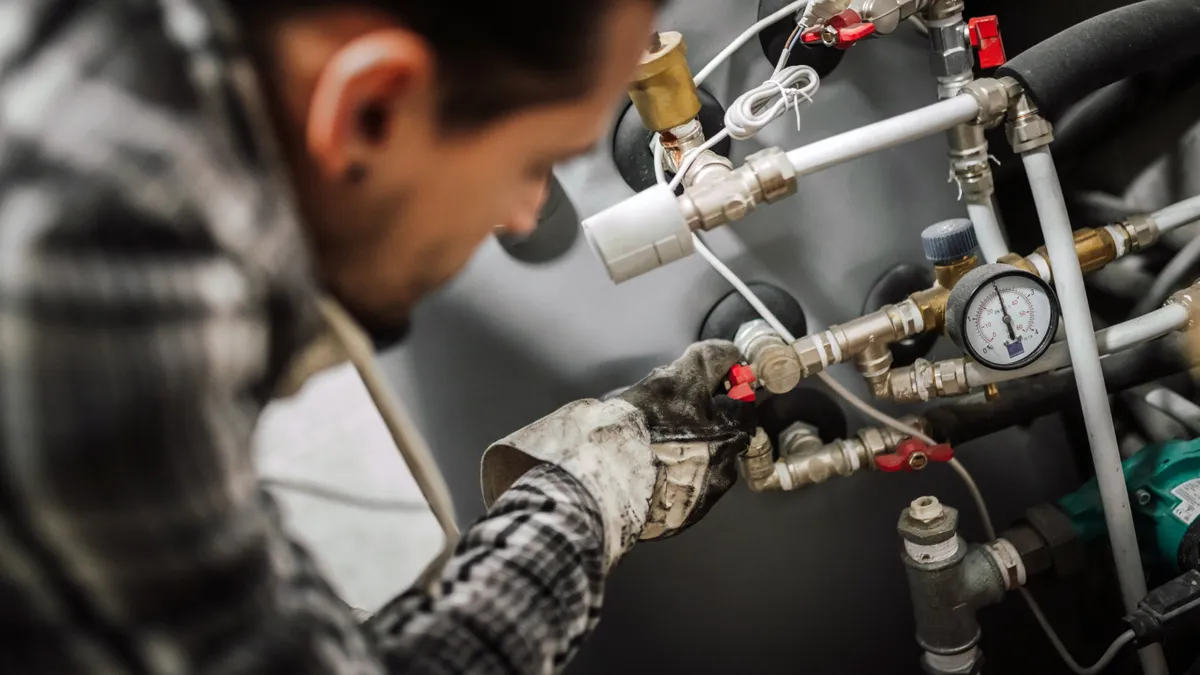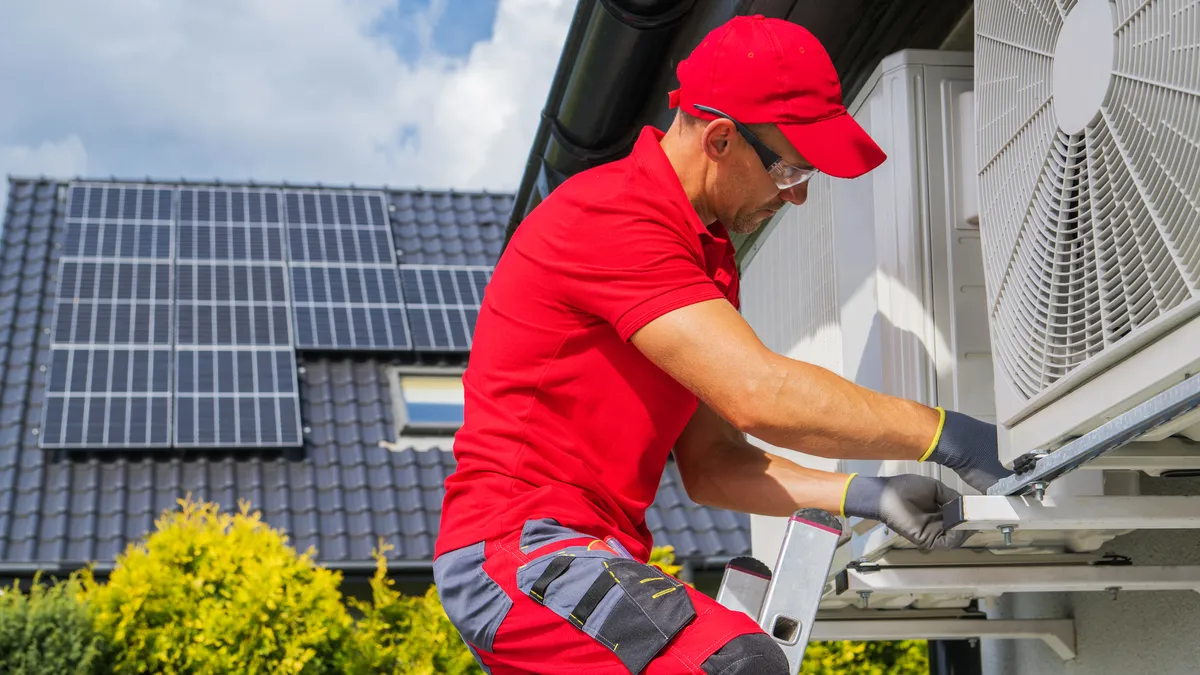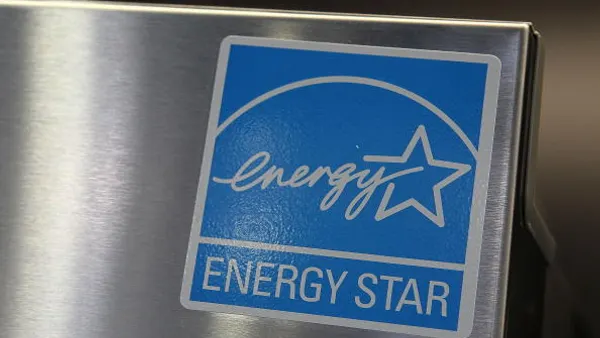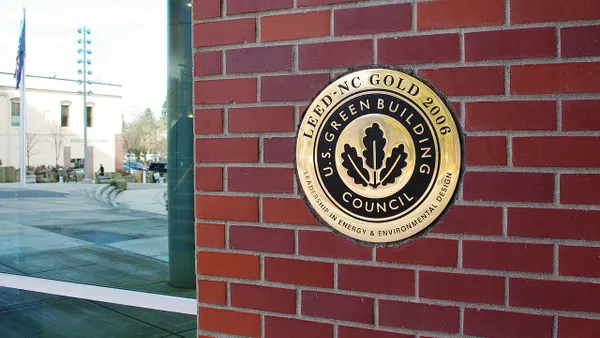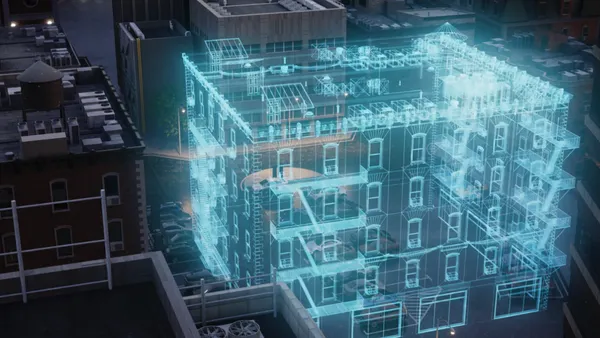Dive Brief:
- The New York City Housing Authority saw a 9% decrease in heat or hot water outages for the 2022-2023 heating season, which it credits to $78.8 million in heating infrastructure investments made since last October, according to a press release.
- NYCHA said recent improvements included energy-efficient boilers, hot water heaters, electrical panels, storage tanks, plumbing equipment, zone valves and steam pipes.
- Several of the upgrades were subsidized by energy performance contracts, offsetting installation costs through expected future energy cost savings.
Dive Insight:
NYCHA says that federal and city funding primarily provided capital investment for the projects, with several subsidized by energy performance contracts, which uses savings from reduced consumption to repay the cost of installation.
These improvements covered 10 developments across the city, including Glenwood Houses, Kingsborough Houses, Whitman Houses, Highbridge Gardens, Taft Houses, Polo Grounds Towers, Robinson Houses, Ingersoll Houses, and Vladeck I and Vladeck II Houses.
The housing authority said some upgrades required transitioning its hot water heating infrastructure to hydronic heating systems. These systems separate hot water heating systems from centralized space heating systems, which NYCHA said is expected to increase efficiency and expand operational capacity.
NYCHA also said that it maintained an eight-hour average restoration time, outperforming the 12-hour time limit mandated by HUD requirements, and the 24-hour requirement for private landlords to perform upgrades.
These upgrades are part of NYCHA’s sustainability agenda, released in September 2021, which outlines strategies for reducing greenhouse gas emissions 80% by 2050. The plan includes over $360 million in energy-efficiency construction projects, the largest such program in the country.
New York City’s upgrades are just some of many taking place across municipalities across the country, with others also using energy performance contracts to save money that would fund future installations.
Harris County, which encompasses the greater Houston area, recently signed a 20-year partnership with Johnson Controls to upgrade a 350-acre sports and entertainment complex in the city. The project, which spans most of the NRG Park complex, is expected to generate more than $54 million in savings to be used to fund improvements, and also is in response to the county’s sustainability goals.
New York, a leader in municipality-level energy efficiency and sustainability-driven initiatives, also recently introduced building-level energy data collection and carbon-reduction management software to identify improvement possibilities in its buildings.
The collaboration with Buildee and the National Renewable Energy Lab will help the city comply with Local Law 87 and 97, which require buildings to meet new energy efficiency and greenhouse gas emission standards by 2024.



